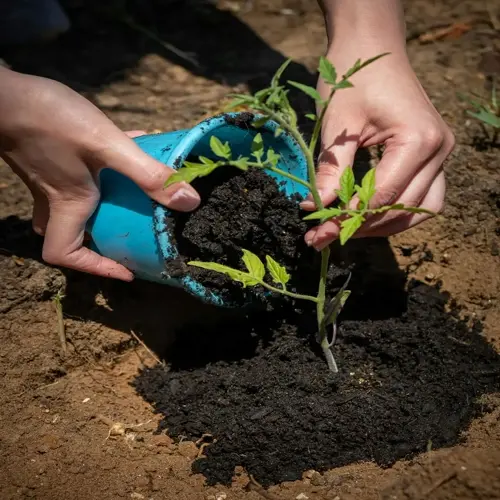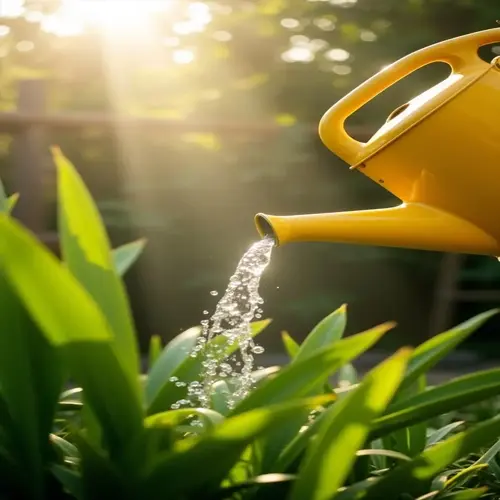How to add magnesium to soil naturally?

Written by
Julia Anderson
Reviewed by
Prof. Charles Hartman, Ph.D.Adding magnesium is a natural way to fix yellow leaves caused by deficiency without using chemicals. Epsom salts will provide rapid absorption, and the compost will ultimately enrich the soil over the long term. My pepper plants perked up after I did this, as the leaves revealed their signature yellow patches between the veins.
Epsom Salt Solutions
- Dissolve 1 tablespoon per gallon of water
- Apply as foliar spray or soil drench monthly
- Quickly corrects acute magnesium shortages
Compost Enrichment
- Mix banana peels, coffee grounds into compost
- Apply 2-inch layer to soil surface quarterly
- Slow-release magnesium improves soil structure
Mineral Amendments
- Incorporate dolomite lime for alkaline soils
- Use greensand for sandy soils needing minerals
- Releases magnesium gradually over 6-12 months
Using Epsom salts safely requires correct application. Spray leaves early in the day to prevent leaf burn. Water the soil thoroughly before soaking, so the roots don't go into shock. For my tomatoes, I used foliar spray weekly for a month until the new growth appeared bright green and healthy. Always test pH first.
Blending methods leads to longevity. Each fall, I place banana peels in my compost bins to enrich the soil for my garden beds. This concentration keeps magnesium levels naturally. Greensand in potting mixtures ensures there are no deficiencies for containerized plants. These practices stopped yellowing in our citrus.
After applying the amendments, monitor the plants in your trial. You should see improvement in 2-4 weeks, and the plants' new growth will begin to emerge green. If yellowing persists, retest your soil pH. Magnesium blocks calcium uptake, so they need to be balanced. Annual soil tests dictate the frequency of my amendments in the best interests of the plants.
Read the full article: 10 Reasons Why Leaves Turn Yellow

